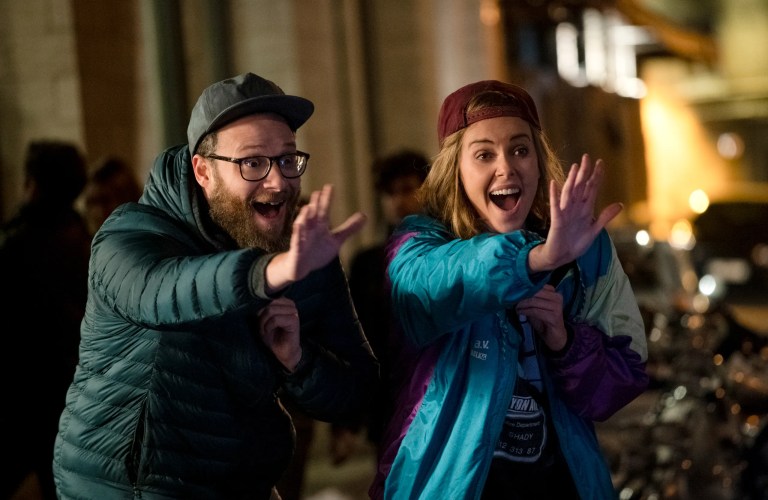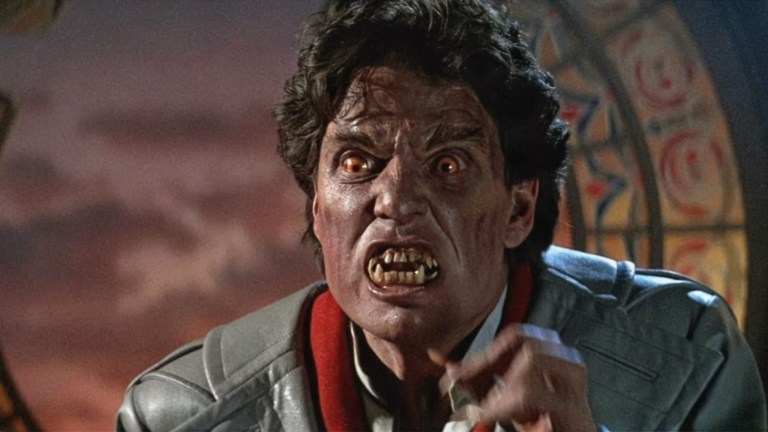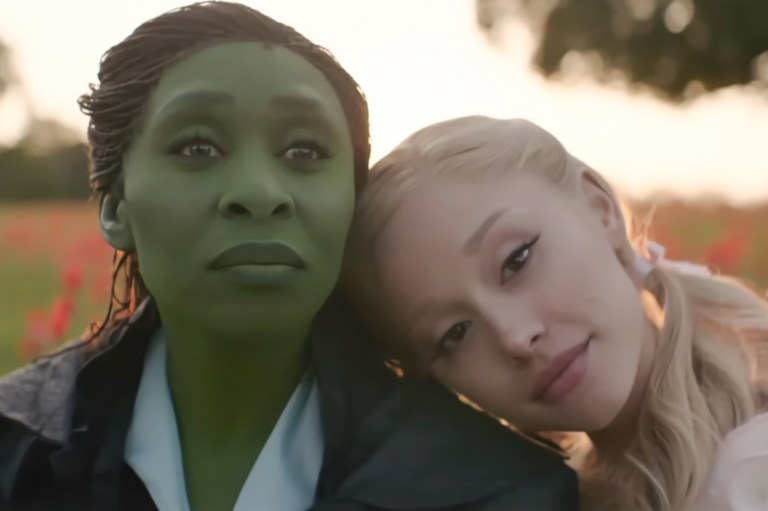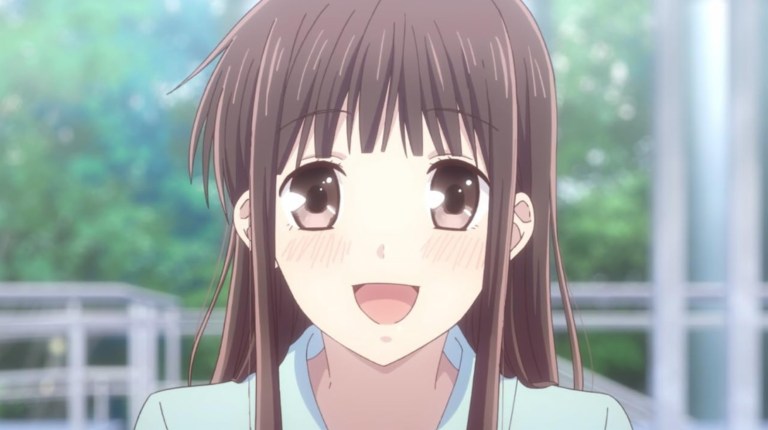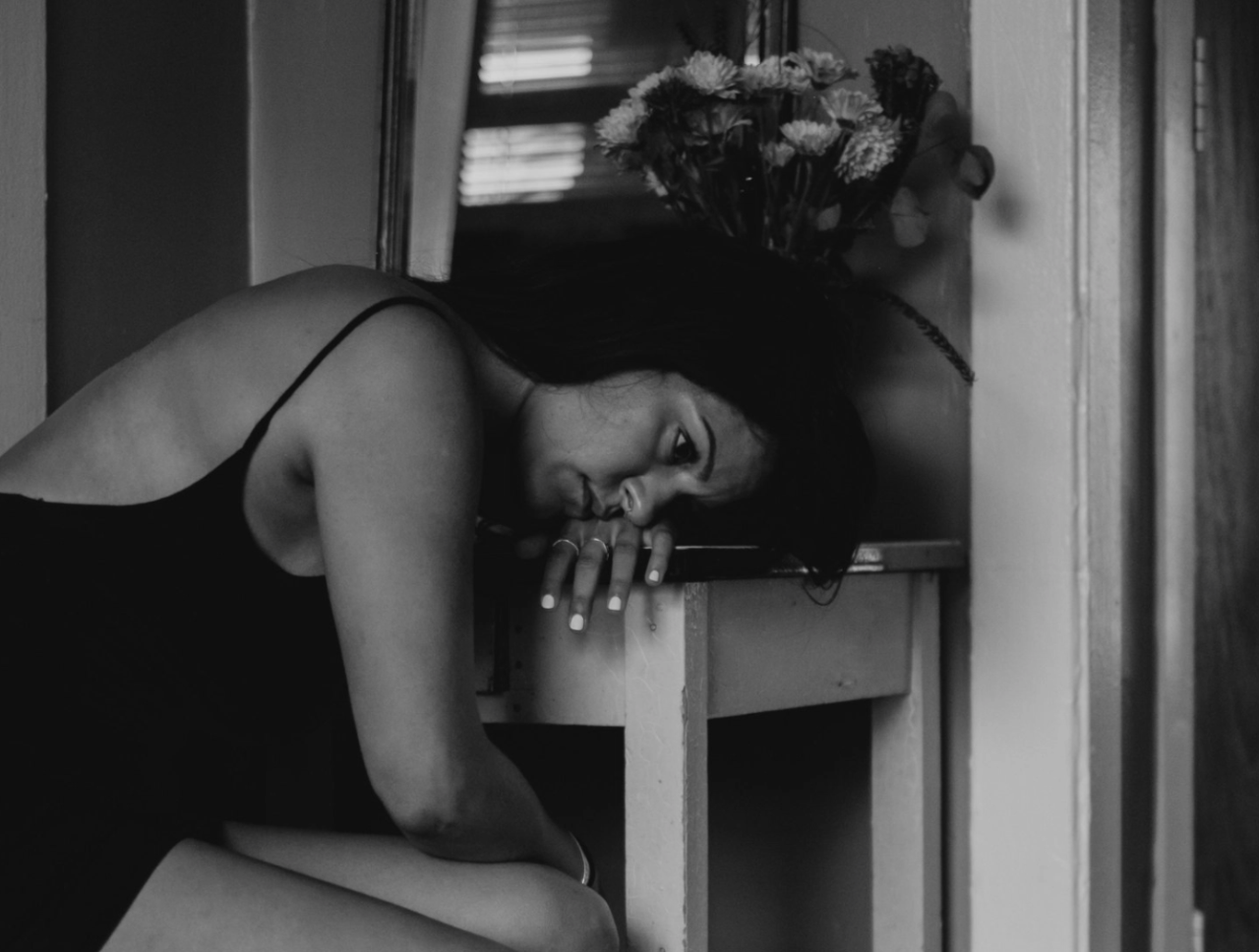
What Losing My Dad Taught Me About Life
Accompanying someone as they slowly succumb to death, watching their last breath, feeling their hands go cold in yours – changes you right down to your soul.
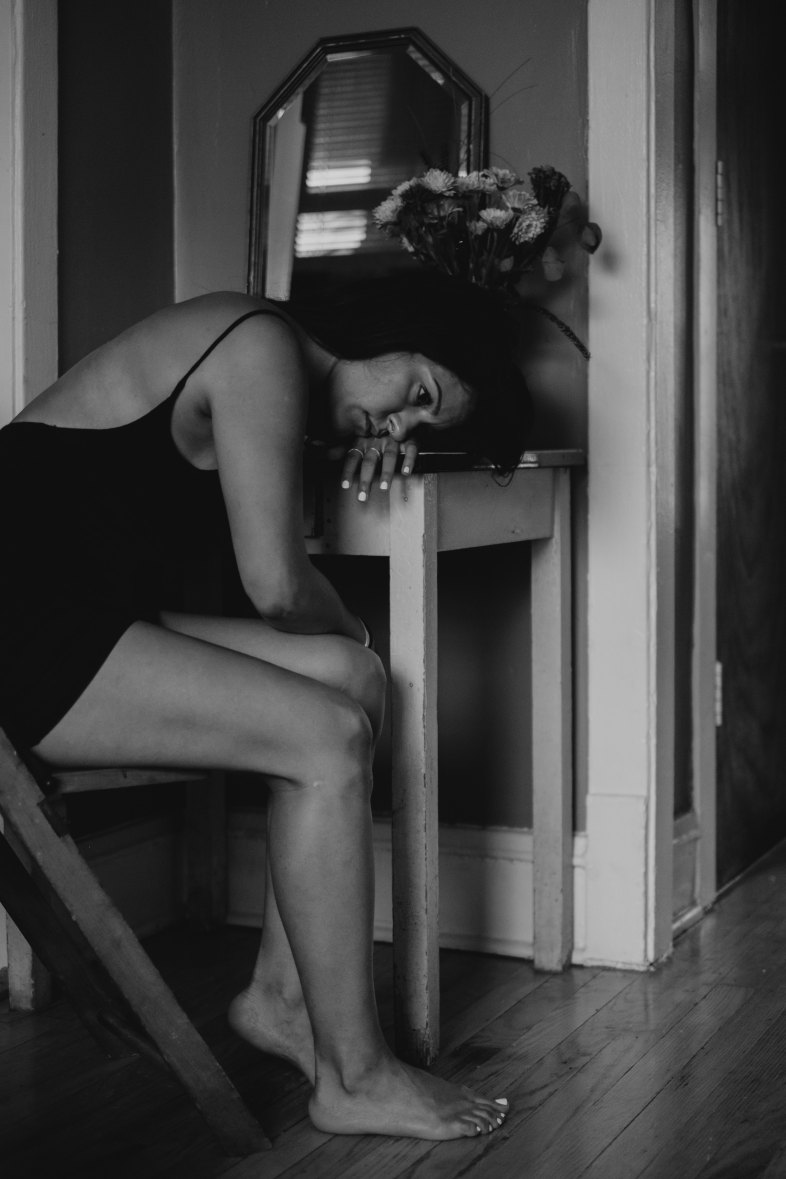
It has been one year since I lost my Dad.
It’s hard to believe that a year ago, I sat in shock by a hospital bed in a small room. And this would be the last time my mum, my dad and me would be together.
Once, my father was the strongest person I knew. He was the strongest person most people knew. The alpha male. He liked boxing and had a thick Scottish accent. He scared away any boy that was interested in dating me and his booming voice intimidated a lot of people.
He grew up rough in Glasgow. Little more than a street thug. By the time he made it to New Zealand, he had come all the way up the ranks to be a successful business man. In the 70s his peers nicknamed him ‘the King of Newmarket” because everyone knew him. My dad was larger than life. I still meet strangers that refer to me as ‘Rabbies little girl’. It’s not hard to see the resemblance. Apart from looking like him, apart from carrying his height, I was named after him. It’s a fairly common tradition to name the child after the parent, and it’s especially big in Scottish family trees. Being my dad, he didn’t let the fact I was a girl stop him, I was given the name Robecca, his very own variation of Robert – his name, his father’s name and his father’s name. Nothing stopped my dad from installing strength of character in me.
Skip forward to my thirtieth year and there is a frail old man lying in a hospital bed in front of me. I have to carry him to a chair because he cannot walk, I moisturize his skeletal pale legs and arms to keep blood circulating – this is the same man, my dad.
As I mentioned, I was 30 when Dad died. Pretty young. Not so young that it devastated my childhood, but young enough. I felt cheated out of getting to really know him as an adult. They say when you’re in your 20s you’re still practically a child. This was very true for me. I don’t think I made a proper adult decision until I hit 29. It kills me to think he will never know who I marry or meet his grandchildren. Or who I become as an adult.
The idea of having an entire life without a father, without the conversations, without the arguments, without the bond we had – is what keeps me awake at night. These thoughts are the ones that hit me the hardest, they transform the dull feeling of loss into a deep, unbearable blackness.
Truthfully, I can’t say if that feeling really goes away. It dulls a bit, then something triggers the memories and it reignites all those emotions until you find yourself crying in the shower like the day he died. I dread wedding’s because I know it will end with me crying myself to sleep. I watch the father/daughter dance or a beaming father give his daughter away and I shatter inside. There is nothing quite like the realization that a person who had brought you into this world, literally been there for EVERYTHING of the last 30 years would now be there for 0 of the next.
Seeing as it’s been a little over a year now, I thought I would outline the things that happened to me in the year following my dad’s death – for any one curious about or anyone dealing with loss on a very close level.
Firstly, I needed to pretend it wasn’t happening. You know how people always say don’t bottle up your feelings? Well sometimes, if they are too traumatic – you need to do exactly that. Some time needs to pass before you can even begin to process it. During the first few weeks and months I was constantly getting the same comment, “Wow, you’re doing SO well, I can’t believe it”. I used to think, “Well what am I meant to do?” Even though I hate those faux vintage posters that seem to be EVERYWHERE – I very much subscribe to that old British War saying: ‘Keep calm and carry on’. My Mother was obviously in pieces, her best friend, and life partner of 45 years had just died. The only way I could even begin to deal with it was to just deal with the day in front of me. Hold my life and my mother’s life together as best I could.
After a few months, even years for some of us, people don’t get that it’s still really affecting you. They might say they do, but they don’t. They might talk about it with you and show sympathy, but you’re expected to be functioning. You’re expected to go to work and perform normally. You’re expected to meet up with friends and do normal things. You’re expected to ‘get back into it’. Five or so months after he died I went to a wedding, this was the first wedding, and as I mentioned earlier, this was where I found out that I couldn’t deal with Weddings yet. Walking up to the entrance I had this feeling in my stomach that I didn’t want to go. I didn’t know why and I ignored it. I stood in the audience watching the two families, so happy to be there, to be uniting, celebrating and I felt empty. Deeply empty. I felt my breathing quicken and I realized I was having a panic attack.
I watched her Dad, so happy – so god-damn-happy – walk her down the aisle. Tears welled up in my eyes. Once the ceremony was over, I made a vague excuse about my shoes hurting and I ran back to my hotel where I cried for several hours. I was sick inside. There was no way I could be around people and I couldn’t bring myself to attend the reception. The next day she angrily texts me saying I had embarrassed her because the seats I left empty at the dinner, the expensive dinner. Me having a panic attack because I couldn’t process the death of a parent wasn’t a good enough excuse. I had quietly excused myself as to not cause a scene but that obviously wasn’t enough. I was meant to be Ok by now.
I had a complicated relationship with my dad, you probably had one too. This meant the grieving process was complicated. As a teen, all we did was butt heads. He was overbearing and strict and I was constantly fighting for a little freedom. We fought right up until the week he went to the hospital for the last time. I cannot deny that my life is calmer now. My relationship with my Mother is even better. I also can’t deny that life is a lot easier now that we’re not looking after a sick person. It was hard, really hard. The constant pressure, the stress of not knowing what was going to happen – these were all relieved when he died. Of course I think about all those times I said I hated him and of course that makes me feel guilty. Again, I can’t deny that’s the way it all happened. I know that with all that said, I would relive those bad times in a heartbeat if I could spend more time with him.
I realised a little late that It’s OK to act like a brat, especially at the beginning. As I said above, I thought I had to just get back to life. I thought it would all be ok if I just stayed focused on my job and every other aspect of my life that wasn’t my family. A few weeks after it happened, I was put forward for a job interview. A really good job interview, for a pretty big company. Not to toot my own horn, but I’m reasonably good at interviews, my specialty is writing and communications so I’m good at it. It’s what I do. I went along for this interview and I COMPLETELY buckled. It went horribly, I wasn’t well prepared; asked all the wrong questions – I even felt foolish in the clothes I wore. At the time I couldn’t figure out what had happened, I was tough on myself and felt I let myself down. Even though I took it especially hard, much more than I would usually, I still couldn’t make the connection that putting that pressure on myself right after everything had happened…was the worst idea ever. I was barely able to control when I started crying; why I ever thought putting myself in that high-pressure environment was a good idea, I’ll never know. Lesson learned: treat yourself gently; be your own best friend.
Dad did not die the way he deserved. That’s the thing about death and sickness – no one is immune to it, and barely any of us get to go with dignity. Saying goodbye is never easy, but from my experience I would be one of the lucky few that go peacefully, surrounded by their loved ones, probably have the easier deal. Dad did not get any of this. I watched as he fought with nurses when they tried to bathe him; as he refused to eat and no one except mum and I cared enough to make him. He would struggle so fiercely when they dressed him and fall out of bed. I watched helplessly as the fire I knew so well faded out of his eyes as his dignity was eroded and there was nothing I could do about any of it.
Accompanying someone as they slowly succumb to death, watching their last breath, feeling their hands go cold in yours – changes you right down to your soul.
I had joined the dead parent’s club. I would find others like me at social gatherings or office parties and there would be an understanding between us. We would stand there with a beer in hand, and joke about how awkward people are when they find out. How the level of awkwardness correlates directly to the amount of time passed. Regardless of how different you are, you have instantly bonded – because there is no other experience like it.
Losing a parent or loved one is the worst fear come true. There is something liberating in this. When I was 11, my Granddad died at 72. I didn’t know him well, he was in Canada and I was in New Zealand, but he was a very nice man. That was it for me. My mother was devastated. As the years rolled by I held onto the idea of 72 as an age to die. As I got older it seemed like a younger and younger age to die. Even as Dad got sicker, I held onto that age as a milestone for him to pass. My parents are a good 10-15 years older than most people’s parents in my age group, and being their only, something I had dreaded the most growing up was to lose either one of them. My dad never made it to 72, and a fear that has haunted me since I was a child came true – my Father died while he was too young to die. Before I was ready. Although I doubt I would ever have been ready. So one of my biggest worries has happened, and it’s a year later and I survived. I’ve had a year’s worth of life without him. And I can honestly say it’s made me stronger.
So that’s the majority of my first year. There were times I felt despair to the extent I never knew existed, and it’s changed the way I view everything from my romantic relationships (the small things we obsess about with our love lives just don’t matter anymore) to my relationship with the rest of my family. My Mum has become so important to me; she’s become my best friend and one of the people I want to be around the most. And most importantly I lived through it. ![]()
